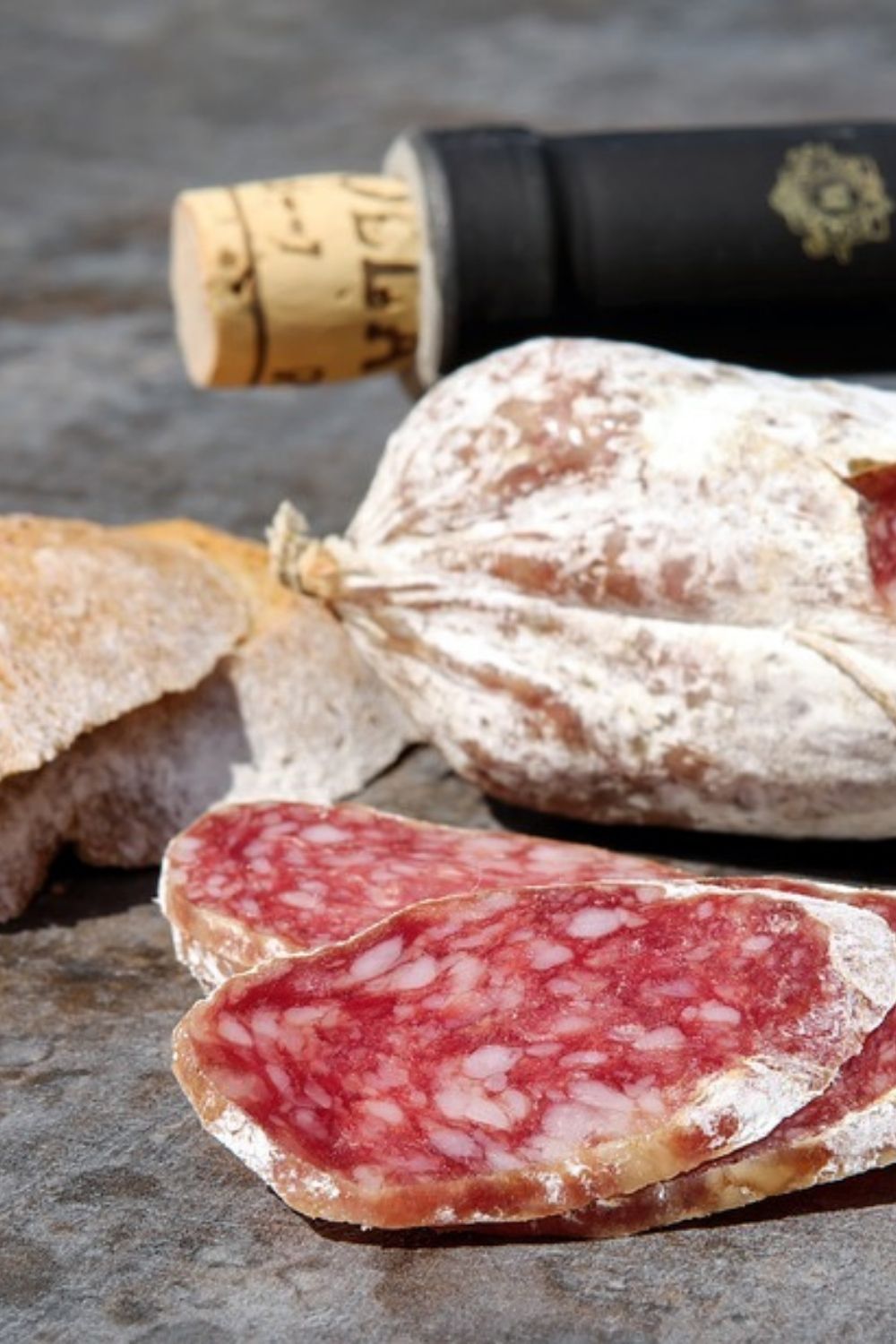Texas-style beef brisket barbecue is currently enjoying a period of nationwide vogue. So it was both timely and compelling when Robert Sietsema advanced a somewhat novel theory of pastrami’s barbecue-bound origins in his 2015 book, New York in a Dozen Dishes. The longtime Village Voice restaurant critic, now senior critic at Eater New York, admitted that his argument was “far-fetched, perhaps.” But he made it nonetheless: “Maybe New York pastrami as we know it—corned beef rubbed with spices and smoked—might have originated in Texas via Jewish butchers.”
Pastirma Comes to America
One problem we face when tracing the history of pastrami is that there was absolutely no agreement on how to spell the name of that particular meat product until well into the 20th century. “Pastrame,” “pastromie,” “pestrame,” “pastromi,” “pasturma,” “pastromer,” “pastroma”—all are variants found in early newspaper ads and other sources.
One of those delicacies, it seems, was pastirma, and it didn’t remain an isolated immigrant specialty for very long. Established German-American sausage companies quickly picked up on the preparation and added it to their nationally distributed lines, taking it all across America—including all the way down to Texas.





